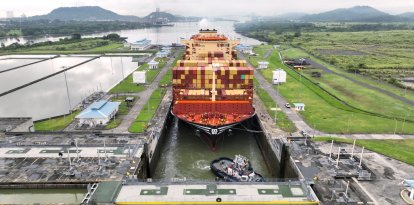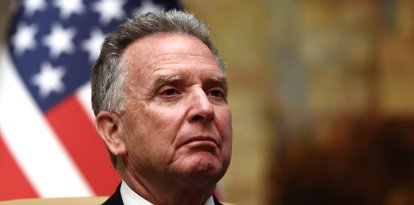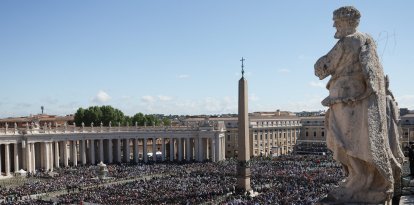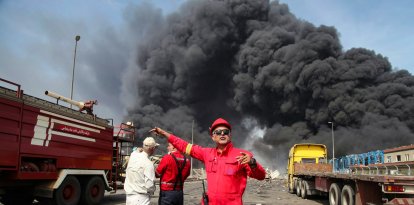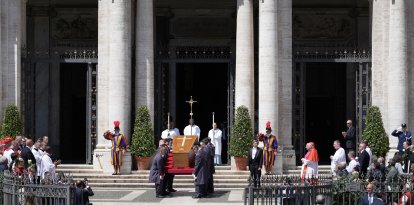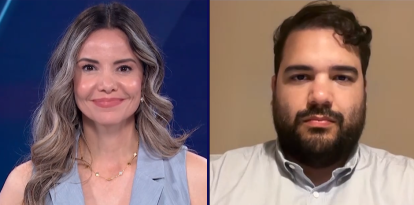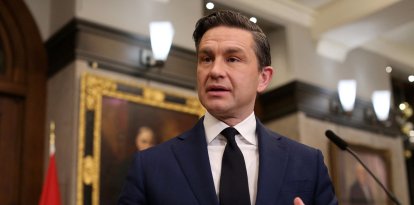Nicolas Maduro's regime deports former presidents, deputies and international political leaders two days before the presidential elections in Venezuela
While the dictatorship blocks electoral supervision from Europe and Latin America, it facilitates access to its allies.

Former Latin American presidents during a conference denouncing that Venezuelan authorities blocked their trip to Caracas.
Days before the presidential elections in Venezuela, the regime of Nicolas Maduro is taking drastic measures to limit the presence of critical international observers. The dictatorship has already expelled numerous leaders and former leaders from Europe and Latin America who sought to monitor the electoral process while opening its doors to allies of Chavismo.
Among those deported include former Panamanian president Mireya Moscos, former Mexican president Vicente Fox, Bolivian Jorge Quiroga, and other former presidents such as Costa Rican Miguel Ángel Rodríguez, as well as Colombian Vice President Martha Lucía Ramírez.
In addition, Colombian Senator Angélica Lozano faced a blockade and denounced abusive treatment, as well as the temporary confiscation of her passport.
The largest group of deportees arrived from Spain. The delegation included the third vice-president of the European Parliament, Esteban González Pons, the spokesman of the Popular Group in Congress, Miguel Tellado, and deputies Cayetana Álvarez de Toledo, Macarena Montesinos and Belén Hoyo. MEP Juan Salafranca and senators Juanjo Matari and Alfonso Serrano also formed part of the group. Portuguese MEP Sebastiao Bugalho joined them as well.
Gonzalez Pons and other members of his team, including Popular Party politicians and Portuguese MEPs, expressed concern about the risk of possible electoral fraud, strongly criticized their expulsion and questioned the transparency of the process.
In contrast, Chavismo has facilitated the entry of allies such as former Colombian president Ernesto Samper and former Dominican president Leonel Fernández, who part of the Puebla Group delegation. This group, which supports Chavista and Cuban policies, has been received with great cordiality in Caracas.
Reactions and expectations
The restriction of the international presence has provoked significant reactions. The United States has urged Venezuelan authorities to allow greater vigilance during the elections.
Political scientist Walter Molina Galdi noted that these actions are typical of an authoritarian regime that seeks to avoid outside surveillance while maintaining its control.
Despite the restrictions, the Venezuelan opposition has prepared to deploy approximately one million volunteers to try to guarantee the integrity of the electoral process and accurate ballot counting.
However, with growing tensions and the lack of impartial observation, the global perception of the legitimacy of Venezuela's presidential elections is increasingly being affected as the opposition prepares to face imminent challenges.
RECOMMENDATION
